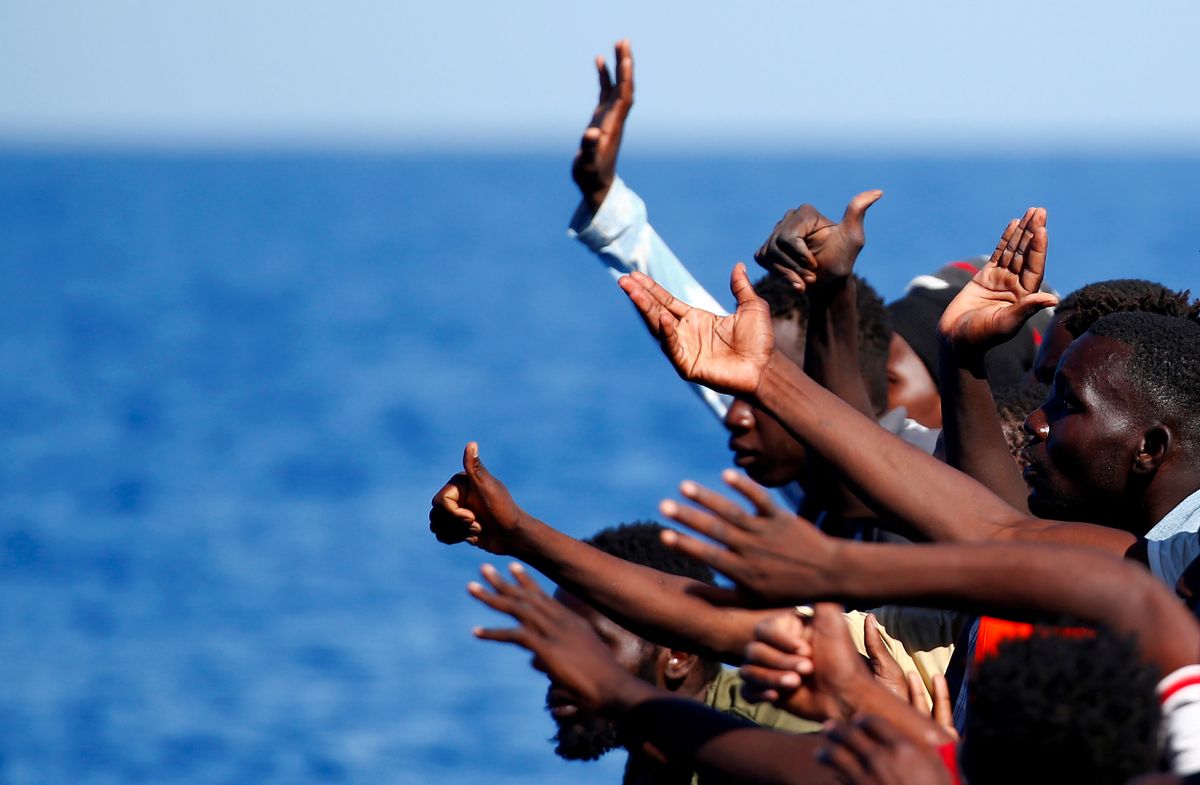Remember the Aquarius, a rescue boat carrying 630 migrants its crew had saved from the sea off North Africa that made headlines across Europe in June when Italy refused entry? In that instance, Spain’s newly elected government came to the rescue by opening a port and accepting the passengers. The story was a political winner at home for both Italy’s Interior Minister Salvini, who said no, and Spain’s new prime minister, Pedro Sánchez, who said yes.
This week, the Aquarius is back. This time, the ship run by humanitarian organizations Doctors Without Borders and SOS Méditerranée was carrying 141 migrants, including 67 unaccompanied children, rescued in international waters. Italy and Libya again refused entry, and this time Spain also said no. After a four-day standoff, Malta accepted the ship, but only after France, Germany, Luxembourg, Portugal and Spain agreed to accept a share of the 141 rescued passengers.
The Aquarius, the only rescue ship now patrolling the waters off Libya, will be back. With Italy literally offering radio silence in response to requests for help, Spain will again be in the spotlight. Does Sánchez want Spain to become the haven that accepts the rescued migrants that other EU countries reject? If not, what happens to these people?
The bottom line: The search for an EU-wide burden-sharing solution continues. It’s both a moral dilemma and a serious political problem.


















